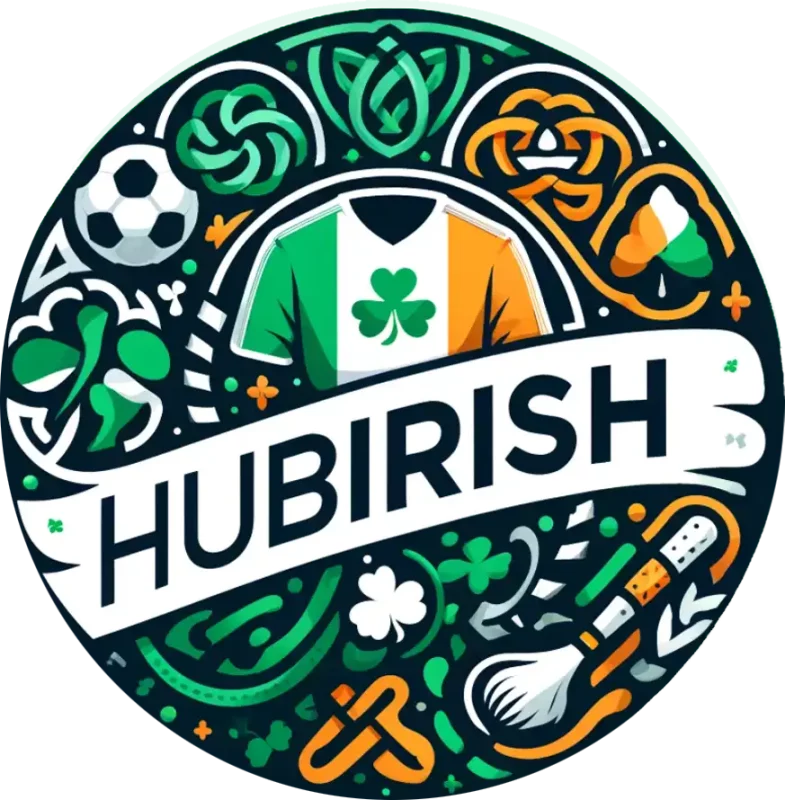Uncategorized
How Ireland’s Music Reflects Its Resilience
From Rebel Songs to Radio Silence: How Ireland’s Music Shaped and Suffered Through Conflict
Estimated reading time: 6 minutes
Key Takeaways
- Music has been a powerful tool for rebellion and expression in Irish history.
- Many traditional songs reflect the struggles of the Irish people under political oppression.
- The diaspora maintains a deep connection to Irish music, using it as a link to their heritage.
Table of Contents
Introduction
The Heart of the Story
The Wider Echo
The Now & The Next
Did You Know?
FAQs
Final Word
Introduction
Ah, if walls could sing, dear friends, we’d hear anthems of bravery and ballads of betrayal echoing through the alleys of our past. Ireland’s music isn’t just a tune; it’s blood and bone, laughter mixed with tears, rooted deep in the soul of a nation that has endured fiercely—women and men, young and old, all woven into an intricate tapestry of melody and memory. Here lies the story of how our songs have shaped a rebellion, comforted a nation, and even fell silent in the face of despair.
The Heart of the Story
Take a stroll through the streets of Tipperary, and ask the locals about their history. They’ll tell ya about the rebellious strains of Wolfe Tone’s ballads that stirred hearts during hard times, songs sung in kitchens with firelight dancing across the faces of the young and old, where every note was a silent prayer hoping for freedom from tyranny. Strumming guitars and lilting voices became the soundtrack to our fight, a heartbeat amidst the chaos. During the heights of The Troubles, when communities faced division, music was the common ground—a way to express pain, reflect struggles, and unite under a shared identity. Rebel songs like “The Foggy Dew” and “A Nation Once Again” became odes to our longing for independence, each lyric an act of defiance sung through clenched teeth, every chorus a rallying cry stirring the blood.
The Wider Echo
But as we dug deeper, through trials and tribulations, music and song became intertwined with our political landscape, reflecting our dreams, our fears, and our deepest despairs. When the voices of musicians were silenced, it was a sign of the times. Censorship and war were cruel, but still, echoing across the seas, the whispers of our ballads reached the hearts of the diaspora, rallying those in Boston bars and London pubs. As Bobby Sands sang from behind the prison walls, his words danced through our collective consciousness, shimmering with hope. And those in distant lands held onto our music, along with their stout and spirits, a link to home that knew no bounds.
The Now & The Next
Today, as we navigate the complexities of modern life—a housing crisis that echoes through our cities, uncertainty clouding our sharper minds—we find solace in music. Young artists channel the spirit of rebellion not with rifles but with melodies, blasting through the airwaves off Spotify playlists, seeking to remedy what’s broken, one lyric at a time. It’s a different kind of fight, yet the anthem remains the same. The melody soothes spirits, ignites movements, and fuels protests—just look at the shouts for housing rights in Dublin, or the cacophony of voices chanting in New York City streets, as they hold tight to our familial threads, our stories made of song. There’s a revival, a moment to reclaim our voice in a rapidly changing world, the echoes of our past guiding us forward.
Did You Know?
- In the 1980s, it is estimated that over 40,000 songs related to the Troubles emerged, reflecting various perspectives and personal narratives.
- Many Irish traditional songs have roots in the community’s response to political and social issues, ensuring that history and identity remain alive through musical storytelling.
FAQs
What is the significance of rebel songs in Irish culture?
Rebel songs have played a crucial role in expressing the feelings of oppression and resistance throughout Irish history. They connect the past with the present, energizing movements for change. Check out cultural treasures from Cork to understand the pride behind our songs.
How has music influenced the Irish diaspora?
Music has been a lifeline for the Irish abroad, serving as a reminder of home and a means of connection. Folks from places like Dublin to Denver share tunes that remind them of the old country, binding generations through shared melodies and memories.
Final Word
So as you tread music-laden paths—be it at a pub in Galway or streaming online in an apartment far from our shores—remember that each strum of a guitar, each bitter and sweet note, is a conversation with our past. Never forget the songs that brought us through heartache, rebellion, and the sheer stubborn joy of being Irish. If you carry the same pride we do, you’ll find a piece of home waiting at
HubIrish.com.

